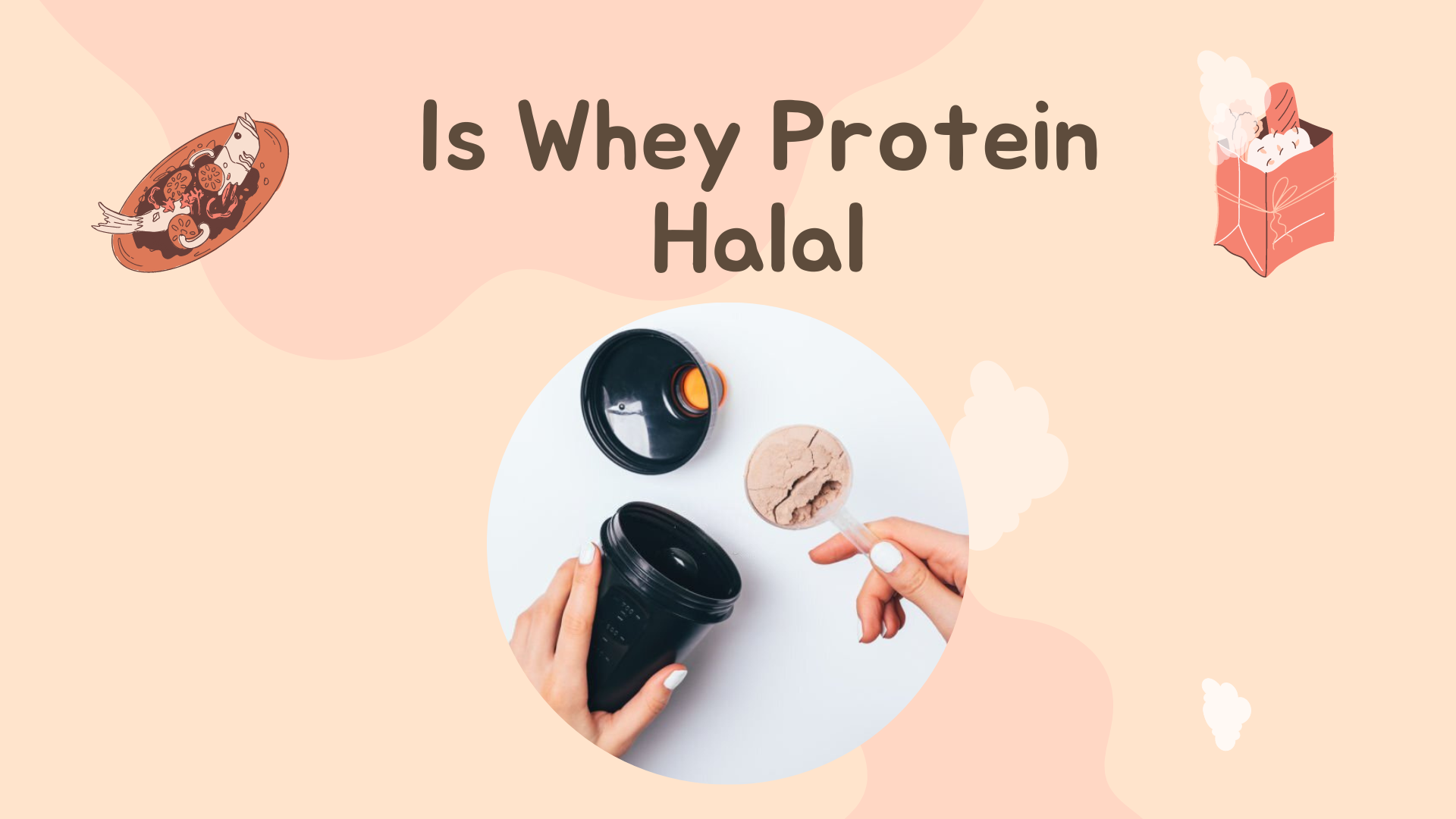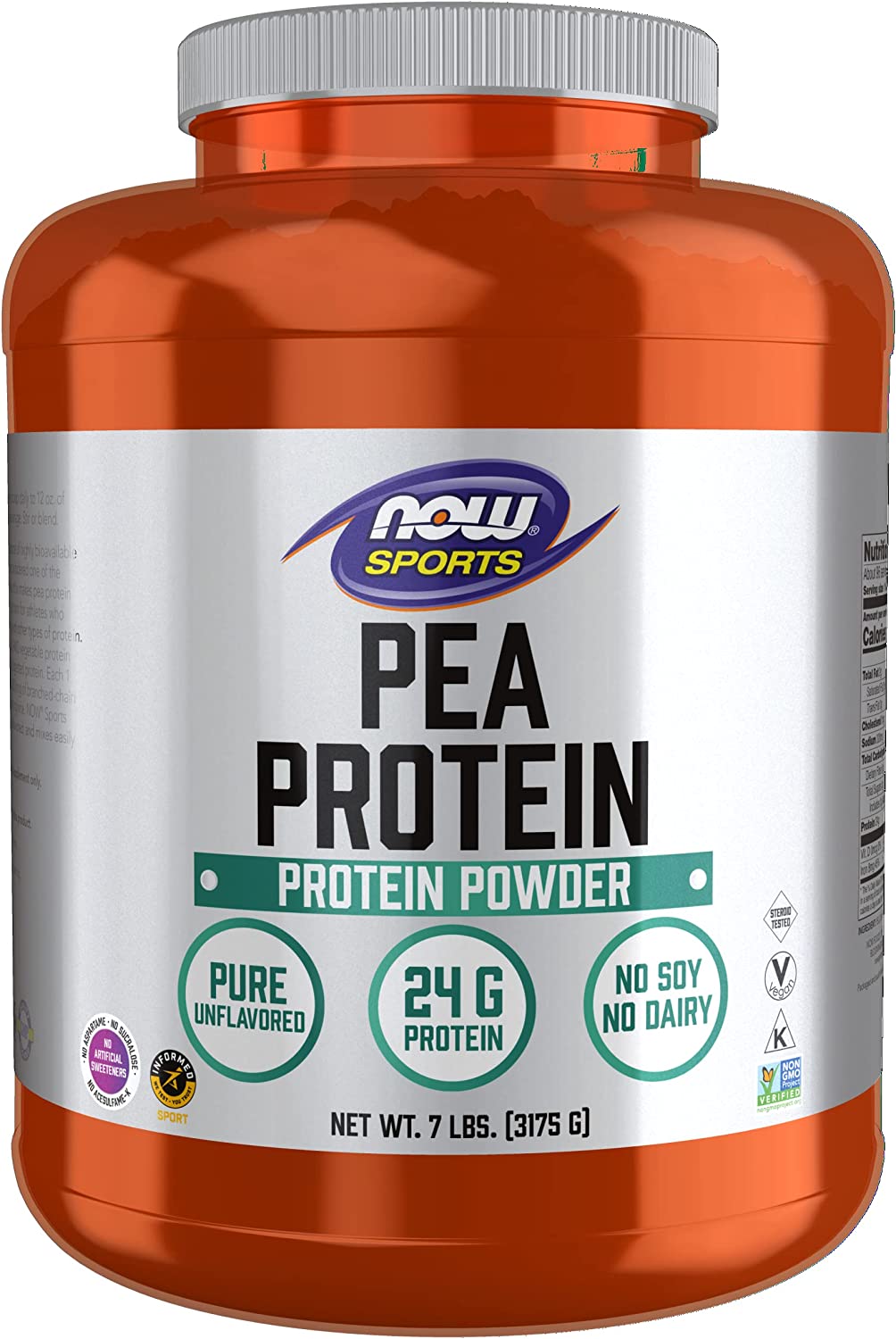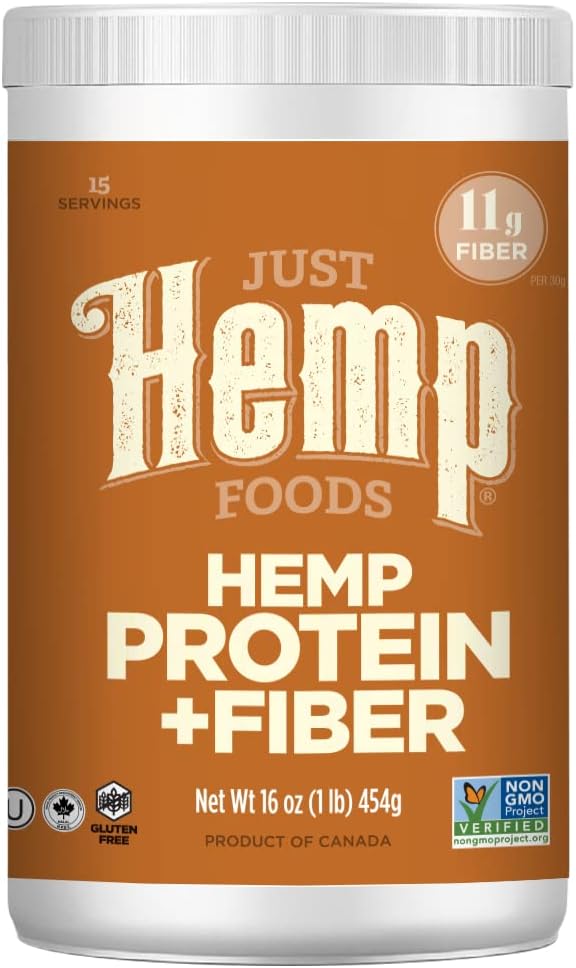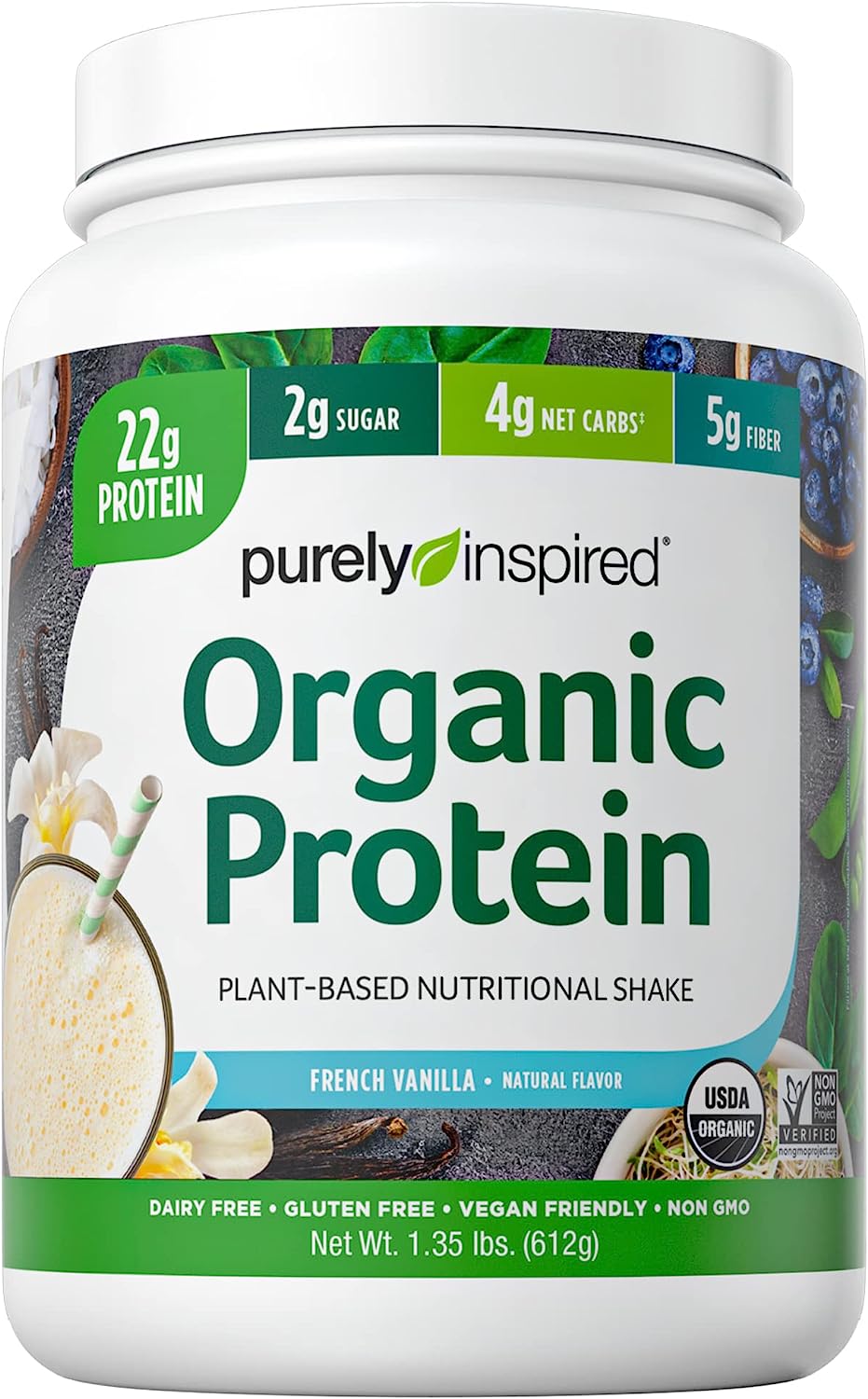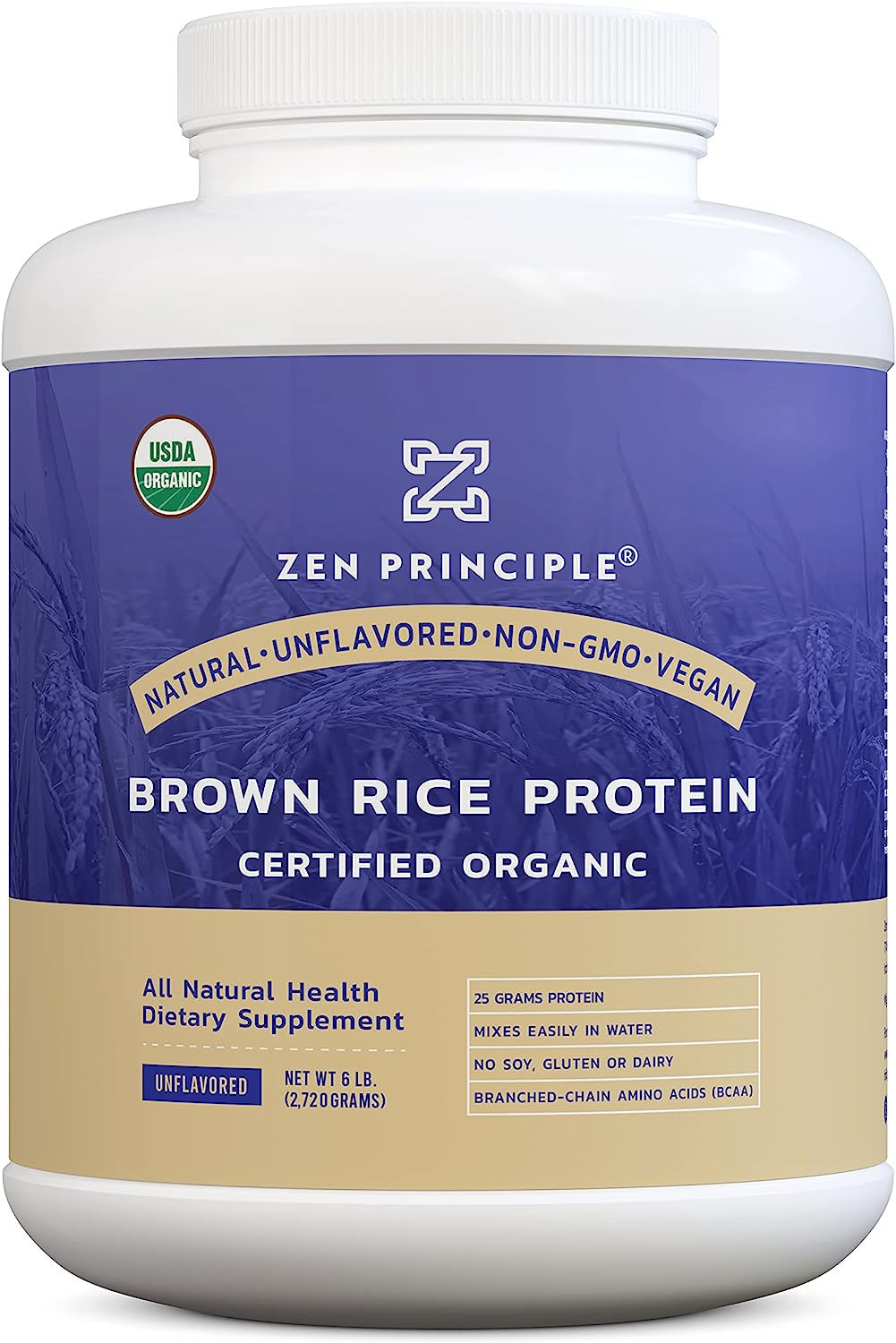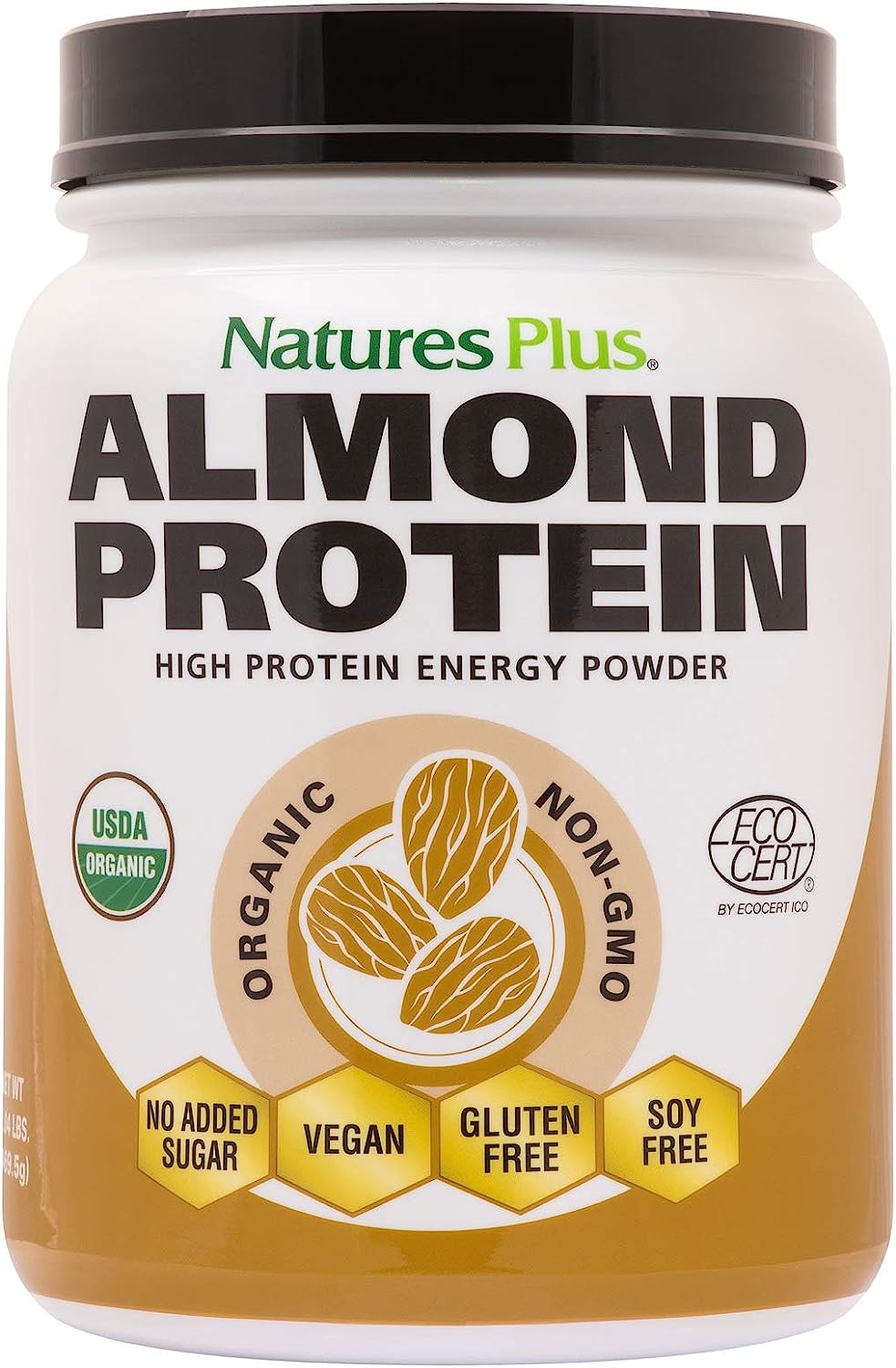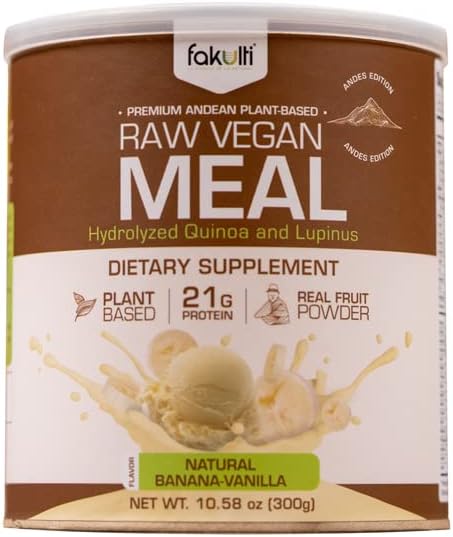Whey protein is a widely popular dietary supplement known for its numerous health benefits, especially in the realm of fitness and muscle development. However, for many individuals who adhere to Islamic dietary laws, the question of whether whey protein is halal or permissible under Islamic dietary guidelines can be a source of concern and confusion.
In this article, we will delve into the world of whey protein to explore its origins, processing methods, and ingredients to determine whether it aligns with the principles of halal consumption. By shedding light on the various aspects of whey protein, we aim to provide a comprehensive understanding of its halal status, allowing Muslims to make informed choices when it comes to incorporating this supplement into their diets.
What is Whey Protein
Whey protein is a high-quality protein derived from milk during the cheese-making process. It is a complete protein, meaning it contains all the essential amino acids needed by the human body for growth and maintenance. The history of whey protein dates back thousands of years, with its origins rooted in the dairy industry.
Historically, whey was considered a byproduct of cheese production and was often discarded or used as animal feed. It wasn’t until the 20th century that the value of whey protein for human consumption was fully recognized. In the 1950s and 1960s, researchers began to isolate and concentrate whey protein, leading to the development of whey protein supplements.
The popularity of whey protein grew significantly in the late 20th and early 21st centuries, driven by its use in sports nutrition and fitness circles. Today, whey protein is widely consumed as a dietary supplement, known for its rapid absorption and ability to support muscle growth and recovery. Its history reflects its evolution from a humble byproduct to a key player in the world of nutrition and fitness.
Is Whey Protein Halal
Whey protein has become a staple supplement for many athletes, bodybuilders, and fitness enthusiasts around the world. However, with the growing Muslim population and an increasing interest in fitness, a frequently raised question is whether or not whey protein is halal. To determine whether whey protein is halal or not it is important to analyze the ingredients and the production process.
Ingredients of Whey Protein
Whey protein, as a supplement, often contains various ingredients to enhance its taste, texture, mixability, and nutritional profile. Below is a list of common ingredients found in whey protein supplements and a brief overview of their halal status:
- Whey Protein Concentrate or Isolate: This is the primary ingredient and is derived from milk during the cheese-making process. The halal status largely depends on the rennet used in the cheese-making process. If the rennet is sourced from an animal not slaughtered according to Islamic standards, it may not be halal. However, microbial or vegetarian rennet sources pose no halal concerns.
- Flavors (e.g., chocolate, vanilla, strawberry): They are added to improve the taste of the protein powder. The source and composition of the flavors determine their halal status. Natural flavors derived from halal sources are generally permissible, but it’s essential to ensure that no alcohol or non-halal substances were used in their extraction or processing.
- Sweeteners (e.g., sucralose, stevia, aspartame): They are used to sweeten the protein powder without adding extra calories. Most artificial sweeteners are chemically synthesized and are generally considered halal. However, it’s essential to ensure that they weren’t processed with non-halal substances.
- Emulsifiers and Stabilizers (e.g., soy lecithin, xanthan gum): These ingredients help improve the texture and mixability of the protein powder. Emulsifiers like soy lecithin are typically considered halal. However, it’s crucial to ensure they are not derived from non-halal sources or processed with non-halal substances.
- Digestive Enzymes (e.g., protease, lactase): They are added to help improve the digestion and absorption of the protein. The source of these enzymes determines their halal status. Enzymes derived from halal-certified microbial sources are generally permissible. But, if sourced from non-halal animals, they would not be considered halal.
- Amino Acids (e.g., taurine, leucine, glutamine): Amino acids are sometimes added to enhance the amino acid profile of the protein powder. They can be derived from various sources, including animal, microbial, or chemical synthesis. Their halal status depends on their source and processing.
- Vitamins and Minerals: Vitamins and minerals are added to enhance the nutritional profile of the protein powder. Most of them are synthetically derived and are generally considered halal. However, it’s essential to ensure they weren’t processed with non-halal substances.
- Preservatives (e.g., citric acid, potassium sorbate): Preservatives are used to extend the shelf life of the protein powder. Many of them are synthetically derived and are generally considered halal. It’s crucial to check their source and processing.
How is Whey Protein made
- Milk Collection: The process begins with the collection of cow’s milk, which is primarily composed of water, fats, proteins (casein and whey), lactose, minerals, and vitamins.
- Curdling: The milk is curdled by adding an acid (like lemon juice or vinegar) or enzymes. One of the most common enzymes used is rennet, which is derived from the stomach lining of certain animals, often calves. This is where concerns about halal status often arise.
- Separation: Once the milk has curdled, it separates into two parts: solid curds (which are used to make cheese) and liquid whey.
- Filtering: The liquid whey is then filtered to remove fats and other impurities. This process is repeated multiple times, each time producing a more refined form of whey protein.
- Drying: The filtered whey is then dried to produce a powder, which is what most people recognize as whey protein powder. This can be further categorized into whey protein concentrate (WPC), whey protein isolate (WPI), and whey protein hydrolysate (WPH), based on the protein content and processing method.
Factors determining Halal status
The halal status of whey protein primarily hinges on two factors:
- Source of Rennet: As mentioned, rennet is an enzyme commonly used in the cheese-making process. If the rennet is derived from an animal not slaughtered according to Islamic standards, the resulting whey protein may not be considered halal. However, there are alternatives to animal-derived rennet, such as microbial rennet (derived from bacteria or fungi) or vegetarian rennet sources, which do not pose halal concerns.
- Cross-contamination: Even if the rennet used is halal, there’s the risk of cross-contamination. If the machinery used to process the whey protein is also used for non-halal products without adequate cleaning, the whey protein might get contaminated, affecting its halal status.
- Additives and Flavors: Whey protein often comes flavored. The additives, flavorings, or other ingredients used must also be halal for the final product to be considered halal.
To ensure they’re consuming halal whey protein, Muslim consumers should:
- Look for products with credible halal certifications.
- Research brands to see if they prioritize halal standards.
- Check the ingredients list for any non-halal additives or components.
In conclusion, whey protein can be halal, but its status depends on the production process, particularly the source of rennet used in cheese-making and potential cross-contamination. As awareness and demand for halal products grow, many manufacturers are ensuring their products meet halal standards, making it easier for consumers to find halal-certified whey protein options.
A List of Halal Protein Powder Alternatives
Pea Protein Powder: This plant-based protein powder is a great option for those looking for an alternative to Whey or Soy protein powder. It’s high in essential amino acids, low in fat and carbohydrates, and completely Halal.
Hemp Protein Powder: This vegan-friendly protein powder is rich in essential fatty acids and amino acids, as well as being very nutritious. It’s also 100% Halal and doesn’t contain any dairy or soy products.
Chickpea Protein Powder: Chickpeas are a great source of plant-based protein, and their powder form makes them even more convenient for use in shakes and smoothies. Not only is it Halal, but it’s also free of dairy, soy, gluten, cholesterol and added sugars.
Brown Rice Protein Powder: This protein powder is made from whole brown rice and is a great alternative to whey or soy protein powders. It’s Halal-certified, low in fat and carbohydrates, and contains a number of essential amino acids.
Almond Protein Powder: This dairy-free protein powder is made from ground almonds and can be used to create a variety of delicious shakes and smoothies. It’s free of artificial sweeteners, preservatives, cholesterol, and gluten — and Halal-certified.
Quinoa Protein Powder: Quinoa is a great source of plant-based protein and it’s also a complete protein, meaning that it contains all nine essential amino acids. It’s Halal-compliant and can be used to make smoothies, shakes, bars, or even cookies.
Types of Whey Protein
Whey protein is a high-quality protein derived from milk during the cheese-making process. There are three main types of whey protein, each with its own characteristics:
- Whey Protein Concentrate (WPC): This type contains a lower percentage of protein (typically around 70-80%) and retains some of the beneficial fats and carbohydrates found in whey. It also contains small amounts of lactose, making it less suitable for those who are lactose intolerant. However, the presence of these components can give it a creamy taste and make it a good option for those looking for a less processed form of whey protein.
- Whey Protein Isolate (WPI): WPI is processed to remove most of the fats, lactose, and carbohydrates, leaving a higher protein content, usually around 90% or more. It’s a good option for individuals who are lactose intolerant or looking to minimize their carb and fat intake while maximizing their protein intake. WPI is often considered a purer form of whey protein.
- Whey Protein Hydrolysate (WPH): This type of whey protein has undergone partial hydrolysis, which means it has been pre-digested to break down the protein into smaller peptides. This can make it easier to digest, which is beneficial for people with lactose intolerance or those who experience digestive discomfort with other types of whey protein. It is also less likely to cause allergic reactions as the proteins are further broken down. However, it tends to be more expensive than WPC or WPI.
In addition to these main types, there are various flavored and specialty whey protein products on the market, such as those with added vitamins, minerals, or other ingredients like creatine or branched-chain amino acids (BCAAs). The choice of whey protein type depends on your dietary preferences, nutritional goals, and any specific dietary restrictions or sensitivities you may have.
